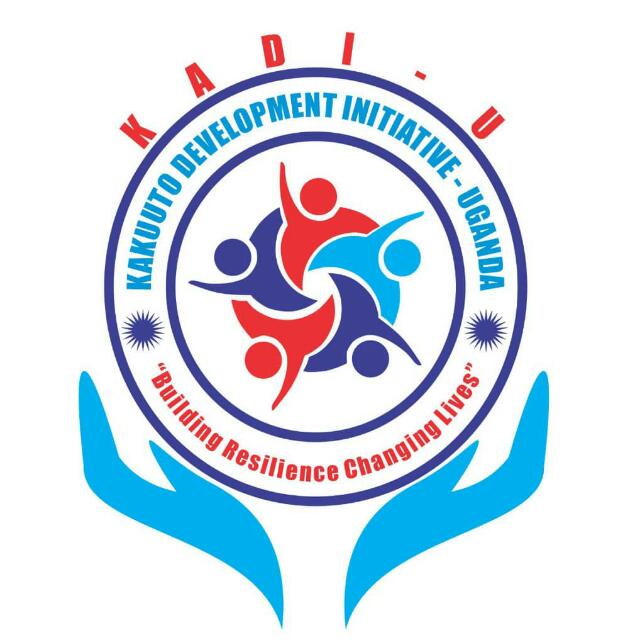
Kakuuto Development Initiative – UGANDA
Joined October 2022
Kakuto Development Initiative - Uganda (KADI-U) is a registered Community Based Organization (CBO) that operates in Luwero district of Uganda
Kakuto Development Initiative – Uganda (KADI-U) is a registered Community Based Organization (CBO) that operates in Luwero district of Uganda, registration number DNMC 792. It is a not a profit organization. It has its head offices in Kakuuto LC1 village, along Bamugolodde road, Kakuuto Parish, Butuntumula Sub County, which is approximately 6Km (about 10 min drive) away from Kasana trading center, Luwero district.
Mission
To empower women, children and youth with knowledge and skills that build their resilience to make informed life and sexual reproductive health choices.
Vision
Women, children and youth are knowledgeable and resilient from all forms of exploitation and abuse.
Background to the project
Programming for children affected and infected by HIV/AIDS and other adversities has made greater strides over the past 30 years. The international community has generated a body of evidence that validates the importance of intervening early in life and the protective role of families. Until recently, however, many projects focused primarily on service delivery – often directly to children – without investing in strengthening of families or caregivers who directly care for the children or the public and private organizations who provide critical services. The results have been an uneven uptake of behavioral change at the household level, limited country ownership, and a patch work of systems unable to meet demand or provide holistic care.
A recent rapid assessment in Luwero district showed that some of the challenges to improving children’s well-being include both access to services and the quality of governance administering such services. Despite the fact that OVC services do exist, they are out of reach to most children due to limited service availability, poor quality, and issues of inaccessibility. When services such as education are accessible, poor governance and reported corruption reduce their quality.
